8. Kenny (2006)
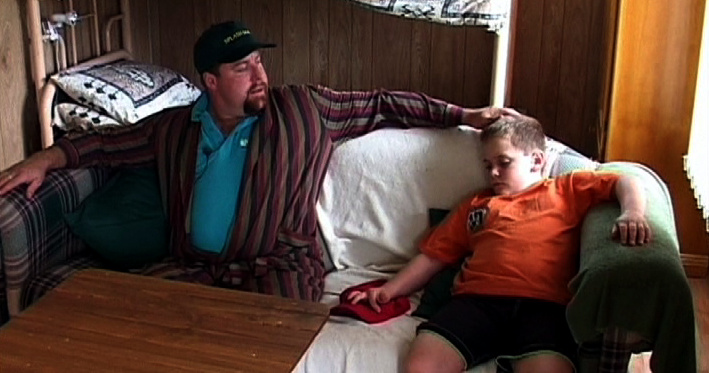
Often, documentaries can focus on some rather trivial subject matter, sometimes making it intriguing. Here, our subject is a plumber who mostly deals with portable toilet maintenance. Kenny is written and produced by the Jacobson brothers, with Clayton in the director’s seat and Shane in the titular role, so it contains their stamp of offbeat Australian humor.
The endearing view of the subject lead to the film gaining award recognition in its home country, including Shane Jacobson winning Best Actor awards at both the Australian Film Institute and the Film Critics Circle of Australia.
7. Waiting for Guffman (1997)
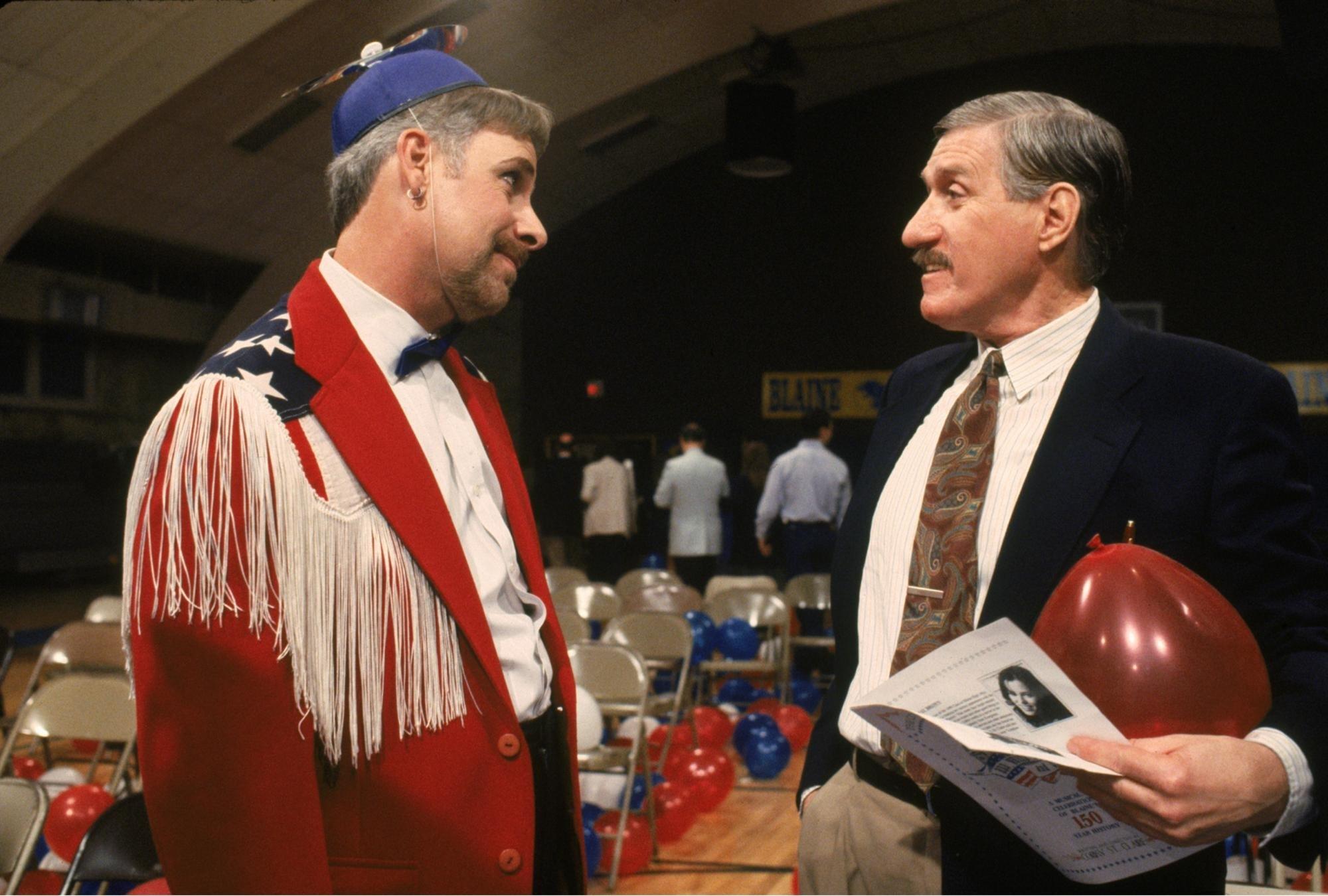
Yet another addition to the genre by Christopher Guest, this film sees him has a community theatre director in Blaine, Missouri. As the name would suggest, the film is meant to parallel Samuel Beckett’s Waiting for Godot.
A brilliant look at small town life, the film showcases the strange inhabitants of Blaine and what it important to those involved in the theatre scene. When they try to put on a production to honor the town, rumors surface that an important Broadway figure might be in attendance. Much of the film’s humor is derived from the witty improvisational skills of its cast.
6. What We Do In The Shadows (2014)
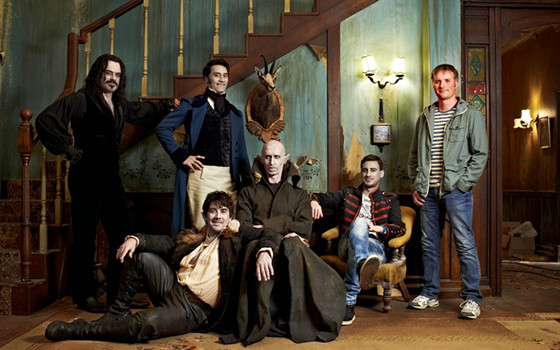
One of the most recent additions to the genre, this gem gives mockumentaries all the oddity and charm of New Zealand’s comedy. Chronicling the lives of vampire roommates (played by writer/directors Taika Waititi and Jemaine Clement), What We Do In The Shadows shines a light on their triumphs and struggles as they try to act like the living.
Rather than spoofing documentaries, it feels more like the film is instead throwing punches aimed at reality television shows. This smart horror/comedy revitalized the medium by providing one of the most entertaining attempts at mockumentary in the last decade.
5. Best In Show (2000)
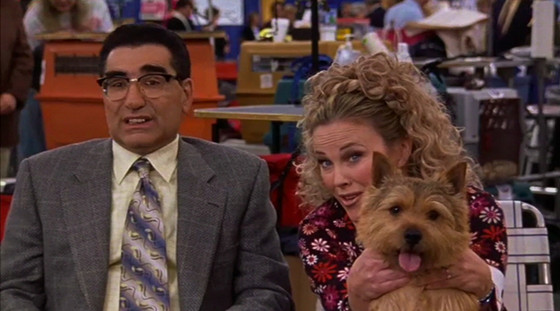
Dog owners can take their relationships with their pets very seriously. The characters in this film, contestants in a popular dog show, treat their dogs with a clinging affection that would be unsettling even if they were speaking to people.
Director Christopher Guest brings in many of his frequent collaborators, and the chemistry they have developed over years of working together leaps off the screen. Their roles as eccentric participants in this ridiculous competition help Best In Show to reach its full potential as a mockumentary and cement its place in the hearts of comedy lovers.
4. Man Bites Dog (1992)
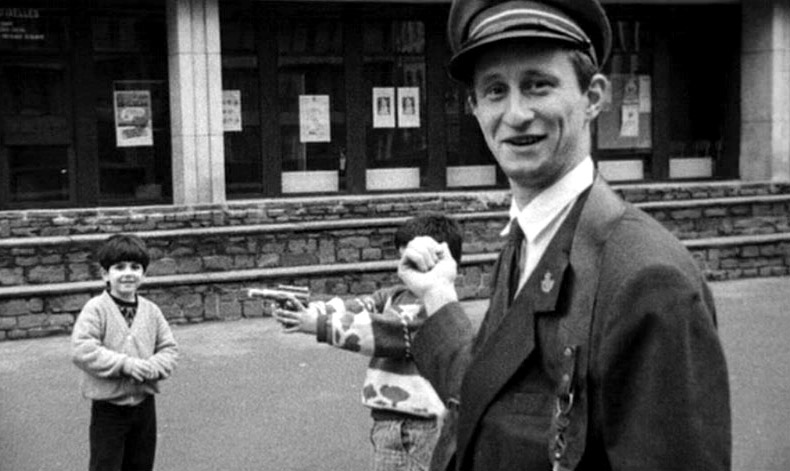
A startlingly dark comedy, Man Bites Dog follows a serial killer (Benoît Poelvoorde) as a documentary film crew captures his spree of murders. Many have been offended by this film, primarily due to the fact that the charming light shown upon the killer makes the audience form a bond with him.
As is to be expected, the film can be incredibly graphic at times, especially when the protagonist is violently taking a life or detailing how he disposes of his victims. While the film was met with mixed reviews from audiences and critics, when it was screened at the 1992 Cannes Film Festival, it took home the SACD award for Best Feature and the Special Award of the Youth.
3. A Necessary Death (2008)
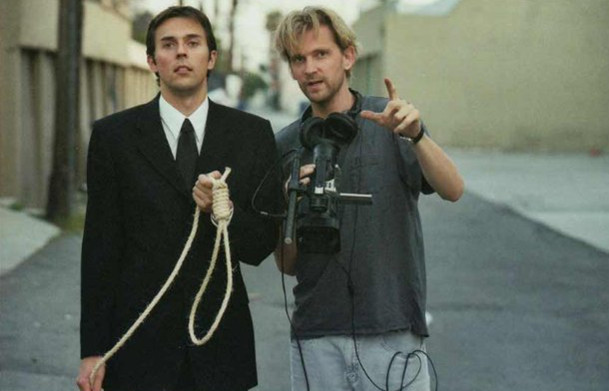
Director Daniel Stamm created a name for himself within the horror genre, but first he crafted this intimate glimpse into the lives of strangers. A Necessary Death is the tale of an aspiring filmmaker who seeks out those with suicidal tendencies to document their stories right up to the very end.
In doing so, the film becomes a gripping look at both mental health and ethical obligations, posing some very difficult questions about the nature of morality. While most mockumentaries on this list are meant to be comedies, A Necessary Death such attention to detail and unsettling realism that you might forget that what you are watching is fiction.
2. Zelig (1983)

When Woody Allen became aware of the technology to insert contemporary images into historical photographs, he knew that he had to incorporate it into his next film venture. While it is far from politically correct, Zelig beautifully orchestrates an original idea. Leonard Zelig (played by Allen) has such an insecure need to blend into his surroundings that he begins to take on the physical features of those with whom he interacts.
Psychiatrist Dr. Eudora Fletcher (Mia Farrow) sets out to study Zelig’s condition in the hopes of countering its effects. The film speaks volumes about social conformity, all while inserting actual footage of prominent figures of the 20th century.
1. This Is Spinal Tap (1984)
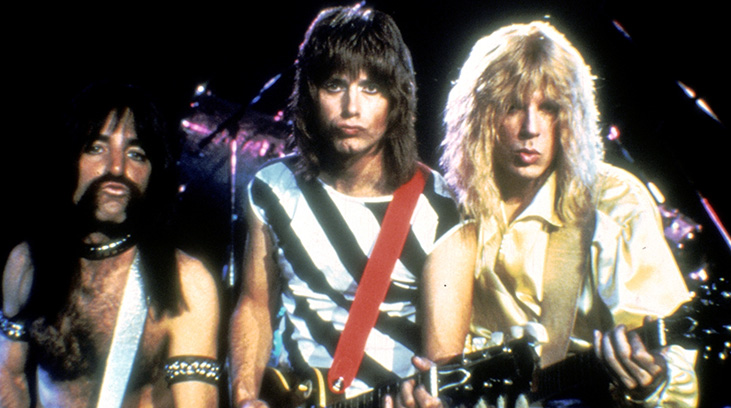
Here is the film that introduced most people to the idea of a fake documentary, which is warranted because it perfects the same tropes it creates. This Is Spinal Tap serves as both a spoof of high maintenance rock stars and of music documentaries themselves, with Rob Reiner as the actual director of the film and the actor playing the director in the film.
During breakaway scenes, he asks band members the same sort of asinine questions which appeared regularly in the rock and roll documentaries of the 70’s and 80’s, building up to their absurd responses. Although much of the dialogue is improvised by the cast, this is one of the most quotable movies of all time.
Author Bio: Brian Thompson currently resides in Chicago, where you can find him watching a matinee at Music Box or enjoying a book in the park. He also enjoys talking about movies on his blog: https://southernfilmcritic.wordpress.com/.